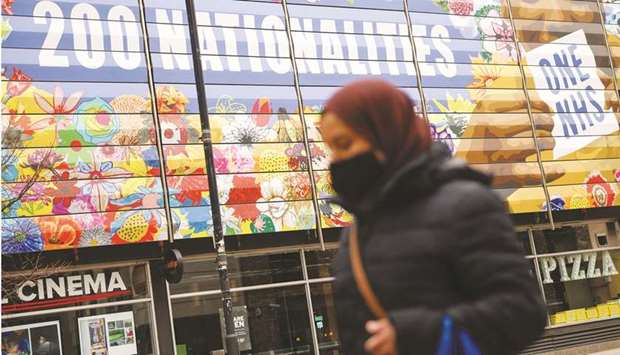The health secretary, Matt Hancock, on Friday insisted that the decision to recommend such a small increase was due to an assessment of “what’s affordable as a nation” after the economic toll taken by the coronavirus (Covid-19) crisis.
But amid fury from across the public sector, some Conservative MPs expressed fears the government was heading for a humbling U-turn similar to that performed over free school meals.
Asked repeatedly at a Downing Street press conference about the plan, announced on Thursday to a furious response from unions, Hancock argued that he had secured a good deal for NHS staff, saying he was “very pleased” they had been excluded from a wider public sector pay freeze.
Quizzed about his repeated praise for NHS workers over the course of the pandemic, Hancock insisted he could not be more generous: “We do have issues of the affordability because of the consequences of the pandemic on the public finances, which were set out in the budget this week.”
He also ruled out the idea of a one-off payment for health staff in recognition of their work in the pandemic, as promised by the Scottish government to its workforce, saying this “isn’t the approach we have chosen to take”.
The Royal College of Nursing (RCN) has described the 1% figure as pitiful, holding an emergency meeting that agreed to set up a £35mn fund to support members in the event of a strike.
While this does not make industrial action inevitable, it illustrated the strength of feeling among NHS workers, with the British Medical Association and unions representing other staff similarly furious.
The NHS Confederation, which represents hospital trusts and other organisations, expressed alarm at the prospect of a strike.
“This is not the scenario anyone would want, but this clearly shows the depth of feeling at the RCN,” its chief executive, Danny Mortimer, said.
One Conservative MP said he had already been contacted by constituents angered by the pay decision, which he called “an appalling PR move, apart from anything else”.
Another backbencher said of the policy: “It can’t hold”, adding that the government should have gone instead for a rise of up to 3% for lower-paid frontline staff.
The 1% figure, which is for staff across the UK, will now be considered by the Review Body on Doctors’ and Dentists’ Remuneration, and also the NHS pay review body, which covers nurses and other staff.
Both are expected to report back in May, with final decisions made by Hancock or the relevant devolved administration.

